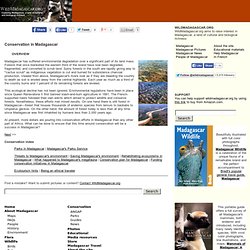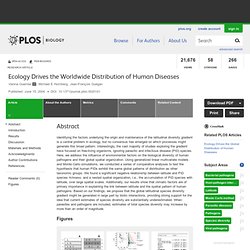

Why Are Millions Of Fish Suddenly Dying In Mass Death Events All Over The Planet? Michael SnyderActivist Post Millions upon millions of fish are suddenly dying in mass death events all over the world, and nobody seems to know why it is happening.

In many of the news reports that are linked to below, locals are quoted as saying that they have never seen anything like this before. So is there a connection between all of the fish deaths that are now occurring all over the planet? If there is a connection, is there anything that we can do to stop the fish die-off? Sadly, because the big mainstream news networks in the United States have been virtually silent about this phenomenon, most Americans have absolutely no idea that it is happening. Bs1999bs. CharlesMoore_2009U.mp4 (video/mp4 Object) EU beefs up electronic waste recycling. The European Parliament has been criticised for waving through revised rules on the disposal of electronic equipment without including any provision to promote the reuse of old equipment.

As a result of last week's vote, member states will have to increase their collection of e-waste beyond the current flat-rate target of 4kg per person per year, so that by 2016 they will instead have to collect 45 tonnes for every 100 tonnes of electronic goods put on sale three years previously. By 2019, this target will rise to a collection rate of 65 per cent of sales from three years previous, although countries have the alternative of collecting a comparable figure of 85 per cent of all e-waste generated. In a statement, the parliament said better processing of e-waste would not only reduce the amount of potentially toxic waste sent to landfill or illegally exported overseas, but lead to greater recovery of valuable raw materials. 'They're killing us': world's most endangered tribe cries for help. Loggers strip trees from Amazonian tribe's territory Link to video: Loggers strip trees from Amazonian tribe's territory.

Global Warming Climate change. Forest Conservation. Air polution CO2. Ecology Conferences Worldwide Conferences in ecology and related fields. SmartPlanet - We Make You Smarter - People, Business & Technology. Journey to the Sinking Lands. Conservation in Madagascar. Madagascar has suffered environmental degradation over a significant part of its land mass.

Forests that once blanketed the eastern third of the island have now been degraded, fragmented, and converted to scrub land. Spiny forests in the south are rapidly giving way to "cactus scrub" as indigenous vegetation is cut and burned for subsistence charcoal production. Viewed from above, Madagascar's rivers look as if they are bleeding the country to death as soil is eroded away from the central highlands. Each year as much as a third of the country burns and 1 percent of its remaining forests are leveled. This ecological decline has not been ignored. At present, more dollars are pouring into conservation efforts in Madagascar than any other part of Africa. Next >> Conservation index Parks in Madagascar | Madagascar's Parks Service Ecotourism hints | Being an ethical traveler. Home — The Amazon Conservation Team. The Human Planet.
Ecology Drives the Worldwide Distribution of Human Diseases. Identifying the factors underlying the origin and maintenance of the latitudinal diversity gradient is a central problem in ecology, but no consensus has emerged on which processes might generate this broad pattern.

Interestingly, the vast majority of studies exploring the gradient have focused on free-living organisms, ignoring parasitic and infectious disease (PID) species. Here, we address the influence of environmental factors on the biological diversity of human pathogens and their global spatial organization. Using generalized linear multivariate models and Monte Carlo simulations, we conducted a series of comparative analyses to test the hypothesis that human PIDs exhibit the same global patterns of distribution as other taxonomic groups. We found a significant negative relationship between latitude and PID species richness, and a nested spatial organization, i.e., the accumulation of PID species with latitude, over large spatial scales. Figures Copyright: © 2004 Guernier et al. Aquatic Species - Zebra Mussel (Dreissena polymorpha)